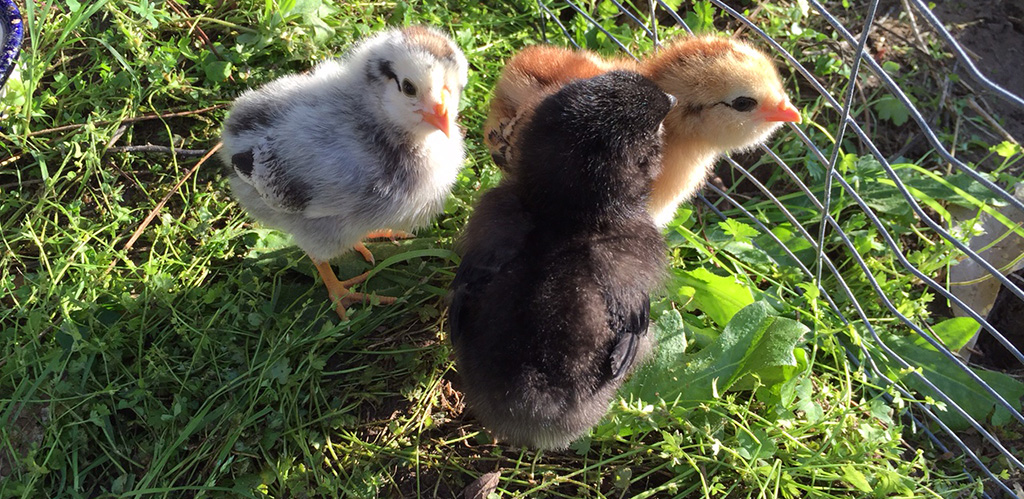
Poultry farmers alerted to avian flu threat
By Allison Griffin
So far, Alabama has been spared from the outbreak of highly pathogenic avian influenza (HPAI) that has plagued much of the Midwest and affected 47 million birds.
But animal health officials warn that farmers, both commercial growers and those who keep small backyard flocks, should be mindful of the threat of avian flu and be aware of its potential. The state Department of Agriculture and Industries has developed a set of biosecurity guidelines to prevent HPAI in Alabama.
The effects of avian flu can be devastating, with a mortality rate of 90 percent for flocks that are infected, says Dr. Tony Frazier, Alabama’s veterinarian.

“That’s very disturbing. Within a couple of days, 90 percent of your birds are dead,” he says. “That’s an enormous impact.” Just one gram of contaminated manure can contain enough virus to infect one million birds, according to the state agriculture department.
The state’s recommended biosecurity measures:
- Keep an all-in/all-out philosophy of flock management.
- Restrict access to your property and your birds.
- Thoroughly clean and disinfect equipment and the tires and undercarriages of vehicles entering or leaving the premises.
- Don’t loan or borrow equipment or vehicles from other farms. If you visit another farm or livestock market, change footwear before working your own flocks.
- Provide clean clothing and disinfection facilities for your employees.
- Protect poultry flocks from coming in contact with wild or migratory birds.
- Don’t bring birds onto your farm unless you know the health status of the flock of origin.
- Quarantine any new additions for 21 days before introducing them to your flock.
- Report any suspicious symptoms in your birds immediately.
Protecting flocks from migratory waterfowl is important, Frazier says, because those migrating birds are the hosts for the virus. The strain that’s circulating now doesn’t make the birds sick, but they’re carriers of it.
The domestic waterfowl familiar to most of us — ducks and geese that live around golf courses and nature parks — are genetically migratory, but they usually don’t migrate. The concern is that any migrating birds can fly in and share the virus with their domestic cousins.
Frazier said that some of these domestic waterfowl flocks have been tested, and so far they’ve not shown to be infected with the virus.
While the biosecurity measures were created with commercial growers in mind, Frazier said urban and backyard farmers, who may have a few chickens in the backyard to enjoy fresh eggs, should follow similar procedures:
- Don’t go to public auctions or fairs or shows and then commingle with your chickens at home.
- Have dedicated boots and coveralls that only get used when you go out to the chicken pen.
- Don’t mix domestic birds with wild waterfowl. Keep their water resources separate.
- Ask visitors to your home to not go in the chicken pen with street clothes on. Visitors should put plastic boots on before entering the pen.
“It’s unfortunate that it has to be that way, but this is the real deal,” Frazier said.
The safety staff of the Alabama Rural Electric Association (AREA), which represents Alabama’s 22 rural electric co-ops and publishes Alabama Living magazine, has kept a close eye on the avian flu since the USDA began documenting cases in December 2014. Because co-op employees are called on to visit farms with poultry houses, AREA encourages the co-ops to employ the biosecurity measures recommended by the state veterinarian.




